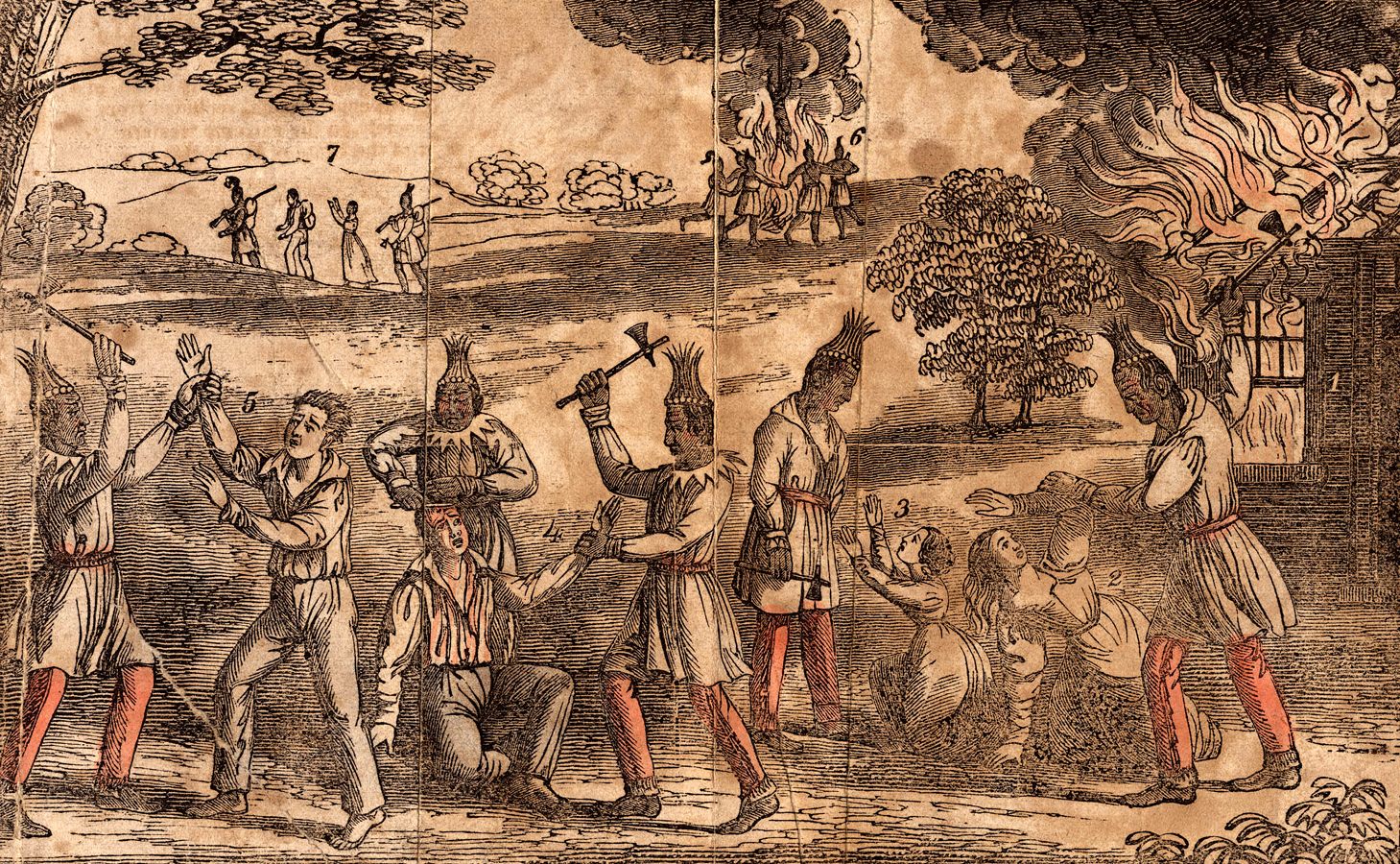The combination of “excited” used as a word of action, and “domestic insurrections amongst us,” inspires much debate. One must conclude that those who read those words would take them at face value, believing that without one the other could not occur. Most importantly, both the enslaved, who were not specifically identified in the grievance, and Indian Savages, had their rightfully-held grievances which would not be solved by any actions the Americans intended to undertake. Further, the grievances these two categories of people had were not with the British but with the Americans themselves; given time the insurrection the Americans feared was bound to happen regardless of any participation by the British.The raw fact is that the protagonists for independence were not in the majority. The patriot leaders were faced with the challenge of indirectly controlling the actions of the population by controlling their attitudes and playing on their base fears. Nowhere but in a democracy must leaders marshal opinions when their position on various matters is not commonly and widely held. The control that the patriots exercised over the population was weak. Therefore, the use of propaganda was a primary necessity. Historian Philip Davidson describes it as a prerequisite to demanding action. Josiah Quincy understood that emotion, not reason, determined action. The creators of the Declaration needed to focus on crowd psychology and stoke it into a mob rule.
While the English amongst them might have gradually and ultimately arrived at the conclusion that separation from England was wholly necessary, the steady influx of non-English people made things more difficult. Indifferent to British policy and certainly having no sense of loyalty to the Crown, these Europeans created a divergence in institutions, customs, language, and interests. The question of slavery was complicated by the fact that the Quakers in particular were opposed to such practice. Despite such protestations, all Europeans, it could be agreed, would be regarded by both enslaved and savages alike as equal and complicit in any real or perceived damages incurred. The Revolution was at best the work of an aggressive minority. Samuel Adams would harp, “All are not dead; and where there is a spark of patriotic fire, we will enkindle it.” Yet his cousin John Adams along with Josiah Quincy warned of the “fatal effects of the policy of standing armies." They issued this warning at the annual commemoration of the Boston Massacre, and the trial in which John Adams and Quincy successfully defended the British soldiers that committed the atrocity. Here lies the problem with the Declaration of Independence. It serves to outline the several grievances of the Americans, yet introduces hypocrisy in its body and opens itself to challenge when filtered through logic and fact. Still, none of the grievances were without merit and at least some modicum of truth.
The deconstruction of the Declaration of Independence should require the reader to separate the grievances into two categories; those that addressed specific policy and governance, and those that manipulated and provoked the base fears and prejudices of the population. The 27th grievance falls into the latter category. Yet, as has been previously stated, enough truth lay in the charges for it to be considered with merit. The broadsides and papers of the time exacerbated and proclaimed all such instances to be representative examples of the behavior of the whole of the British army and its proxies.












































































































































































No comments:
Post a Comment